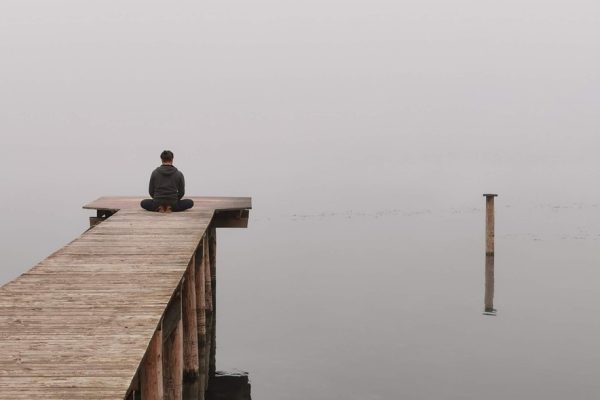On Listening and Oneness – (al sh’miah v’-ahdut) עַל שְׁמִיעָה וְאַחְדוּת
(Inspired by the Sh’ma – D’varim / Deuteronomy 6:4)
All read aloud together:
Hear, O Israel, please hear, O tribes, dispersed and estranged.
Let the tale of Abraham inspire us to transcend today’s idols and lies.
Let us heed diverse voices and visions, seeking understanding and unity.
O children of Abraham, O inheritors of this world,
please hear one another, please hearken to each living being.
The Earth, our world, is One. All peoples, all beings, are One.
(Hebrew means: “Please: listen…” [“listen” in masculine & feminine singular, then fem. & mixed/masc. plural])











